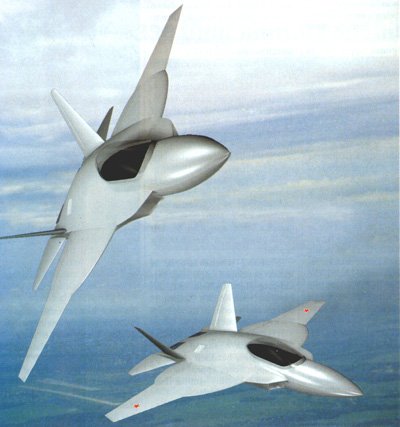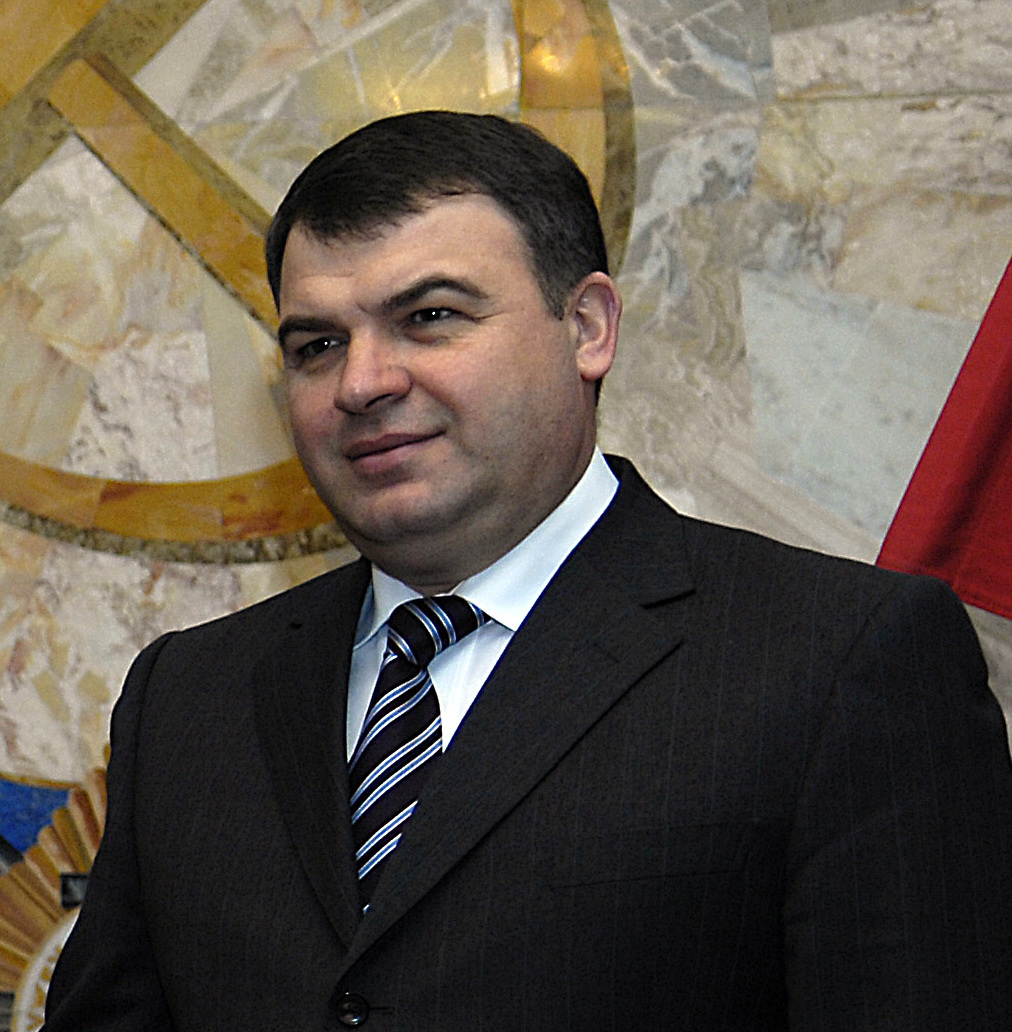Re: The Rise of the Russian Empire: Russo-Armenian Relations
Venezuela Building Military Capacity with Russian Help

The Power and Interest Report (PINR), an independent organization that provides conflict analysis services, has published a new paper on the continued acquisition of military arms by Venezuelan President Hugo Chavez. The paper, published October 25, was authored by W. Alejandro Sanchez and is titled "Venezuela Continues to Purchase Russian Weapons."
According to the paper, President Chavez recently agreed to buy five submarines from Russia in an arms purchase deal that adds to the huge arsenal already procured by Venezuela. The submarines are reported to have the ability to fire torpedoes, lay mines, and shoot surface-to-air missiles. PINR says the purchases are part of a move to strengthen Venezuela's military might in its region of influence.
Venezuela and Russia have been in partnership for military arms sales for some time now, with previous agreements for the acquisition of jet fighter planes, small arms weapons, and military helicopters. There have also been reports, PINR says, that Russia is planning to open arms factories in the South American nation to produce weapons and ammunition for Venezuela. The justification provided by President Chavez for Venezuela's arms build-up is that a strong military force is necessary to counter the ambitions of the United States in the region.
The new PINR paper argues that Venezuela is not just trying to strengthen its position in the region, but is in fact on a quest to shift the balance of power in the area in its favor. PINR says that while the arms build-up does not endanger the United States, a powerful Venezuelan military armed with advanced Russian weapons could cause threatening powers to hesitate before taking action against Chavez's government. The arms purchased do, however, create a problem for neighboring countries, particularly Columbia, that have been in conflict with Venezuela before, the paper notes.
Additionally, PINR says, there is concern about the development of a competition for arms in South America, with other nations seeking to boost their military power as a counterweight to Venezuela's growing military strength. Chile and Peru, as well as Brazil, are noted to have joined in the acquisition of new and improved military hardware. Particularly worrisome for the United States is Venezuela's continued slide toward authoritarian rule, sometimes a dangerous course for a country armed with modern weaponry and a strong military.
In closing, the paper says, Chavez is working to better relations with Russia through the purchase of Russian weapons and military equipment. The result, according to PINR, is that Venezuela is increasingly becoming the country to be reckoned with in Latin America and the Caribbean, confronting U.S. interests in the region.
Source: http://www.associatedcontent.com/art..._capacity.html
Venezuela Building Military Capacity with Russian Help

The Power and Interest Report (PINR), an independent organization that provides conflict analysis services, has published a new paper on the continued acquisition of military arms by Venezuelan President Hugo Chavez. The paper, published October 25, was authored by W. Alejandro Sanchez and is titled "Venezuela Continues to Purchase Russian Weapons."
According to the paper, President Chavez recently agreed to buy five submarines from Russia in an arms purchase deal that adds to the huge arsenal already procured by Venezuela. The submarines are reported to have the ability to fire torpedoes, lay mines, and shoot surface-to-air missiles. PINR says the purchases are part of a move to strengthen Venezuela's military might in its region of influence.
Venezuela and Russia have been in partnership for military arms sales for some time now, with previous agreements for the acquisition of jet fighter planes, small arms weapons, and military helicopters. There have also been reports, PINR says, that Russia is planning to open arms factories in the South American nation to produce weapons and ammunition for Venezuela. The justification provided by President Chavez for Venezuela's arms build-up is that a strong military force is necessary to counter the ambitions of the United States in the region.
The new PINR paper argues that Venezuela is not just trying to strengthen its position in the region, but is in fact on a quest to shift the balance of power in the area in its favor. PINR says that while the arms build-up does not endanger the United States, a powerful Venezuelan military armed with advanced Russian weapons could cause threatening powers to hesitate before taking action against Chavez's government. The arms purchased do, however, create a problem for neighboring countries, particularly Columbia, that have been in conflict with Venezuela before, the paper notes.
Additionally, PINR says, there is concern about the development of a competition for arms in South America, with other nations seeking to boost their military power as a counterweight to Venezuela's growing military strength. Chile and Peru, as well as Brazil, are noted to have joined in the acquisition of new and improved military hardware. Particularly worrisome for the United States is Venezuela's continued slide toward authoritarian rule, sometimes a dangerous course for a country armed with modern weaponry and a strong military.
In closing, the paper says, Chavez is working to better relations with Russia through the purchase of Russian weapons and military equipment. The result, according to PINR, is that Venezuela is increasingly becoming the country to be reckoned with in Latin America and the Caribbean, confronting U.S. interests in the region.
Source: http://www.associatedcontent.com/art..._capacity.html











Comment